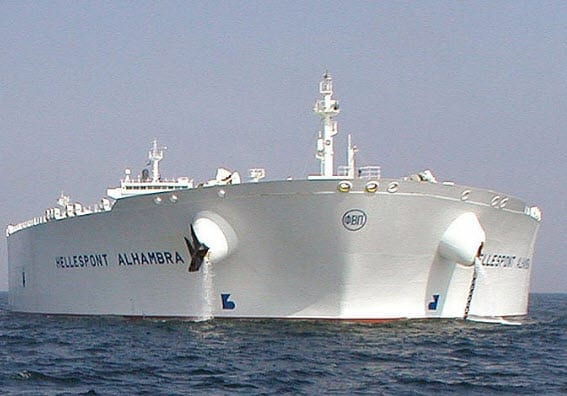Compared to a year ago, the shipments have plummeted to a tiny sliver of what they used to be.
As oil insurance sanctions from the European Union and the United States against Iranian crude transportation continue to press on, the size of the imports to Japan have shrunken enormously.
When compared to what they had been in April 2012, they were 96 percent smaller in April 2013.
Year over year, there has been a reduction of 96 percent in the crude imports to Japan from Iran as a direct result of the limitations to oil insurance from the sanctions. These bans have been put in place in order to pressure the Middle Eastern country to cease its nuclear program. These results have not been exclusive to Japan’s shipments.
 The oil insurance sanctions have dropped the monthly crude purchases to 36,005 kiloliters in April.
The oil insurance sanctions have dropped the monthly crude purchases to 36,005 kiloliters in April.
This equals about 7,550 barrels per day. This is a massive reduction when compared to April 2012, when the month saw purchases of 902,115 million kiloliters. This data was from the Ministry of Economy, Trade, and Industry. The April results were comparable to those in March, at which time there had been a 97 percent drop in purchases due to the oil insurance sanctions.
The total crude purchases for Japan fell by 6.2 percent in April, bringing them to 17.59 million kiloliters, said the trade ministry. There was a decline in imports by 17 percent, to bring them to 2.54 million kiloliters. Exports of oil products, on the other hand, increased to 2.42 million kiloliters, which is a rise of 16 percent.
The government of Japan started to provide its own oil insurance for tanker operators that were importing crude from Iran when the sanctions went into place last summer. The sanctions had cut off approximately 95 percent of the global fleet of tankers leaving the Iranian ports. The reason is that the majority of the insurers and reinsurers for this purpose were based in London, and they were required to conform to those sanctions.
The crude purchasers in Japan dropped their buying in April in an effort to ration the government oil insurance coverage so that it wouldn’t all be used up too early in the year.
